|
Almost 27 million South Africans are expected to head to voting stations on Wednesday to decide who should run the country’s national government as well as its nine provinces. The general election is the sixth since the end of apartheid in 1994 – and the most hotly contested: a record 48 parties are on the ballot.
Polls differ as to whether the governing African National Congress (ANC) will win an outright majority, be forced into coalitions – particularly at the provincial level – or lose outright. Steven Friedman explains why he believes the ANC will retain power. And that in fact the fiercest competition is between factions within the party rather than between political parties.
Meanwhile, political parties around the world know that mobile campaigns – using SMS, MMS, automated calling and social media networks – are a powerful way to reach potential voters. But, as research conducted in South Africa reveals, such campaigns can have entirely the opposite effect: they can alienate and annoy people who feel their privacy is being invaded. Daniel Kofi Maduku unpacks his findings.
You can find some of our other recently published and best reads on these important polls here.
|
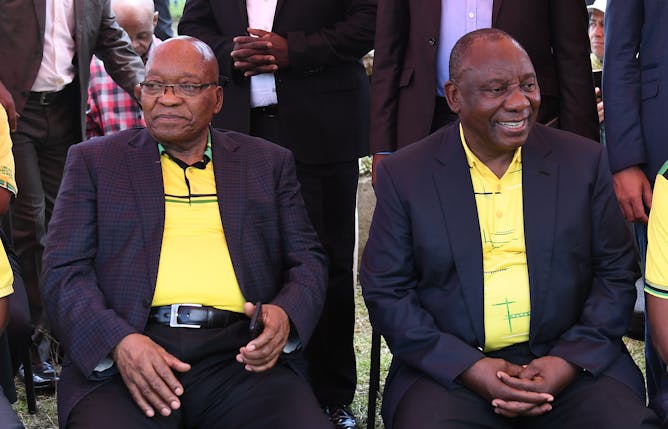
Former president of South Africa Jacob Zuma and current president Cyril Ramaphosa are supported by different factions in the ANC.
EPA-EFE/Stringer
Steven Friedman, University of Johannesburg
The election will not change the government, but may change the balance of power between the two factions of the governing ANC, led by Cyril Ramaphosa and Jacob Zuma.
|
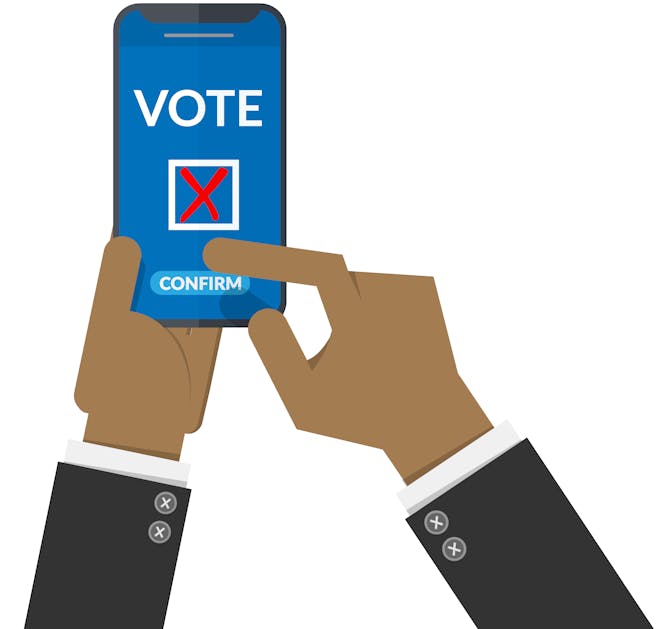
Mobile campaigning can frustrate and annoy potential voters.
asiandelight/Shutterstock
Daniel K. Maduku, University of Johannesburg
South African voters felt that mobile political campaigns were intrusive, violated their privacy and made them feel disillusioned with the political process.
|
|
|
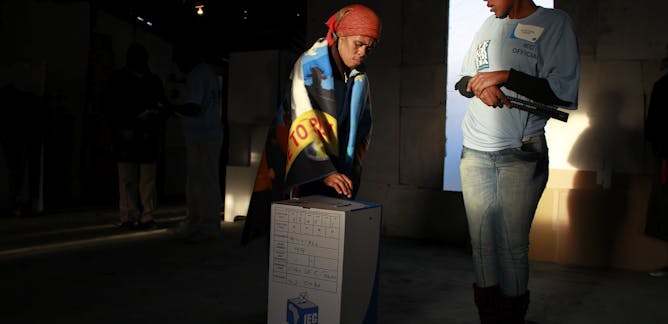
Roger Southall, University of the Witwatersrand
The current crisis in British politics is significant for countries like South Africa where a change in electoral systems is needed.
| |
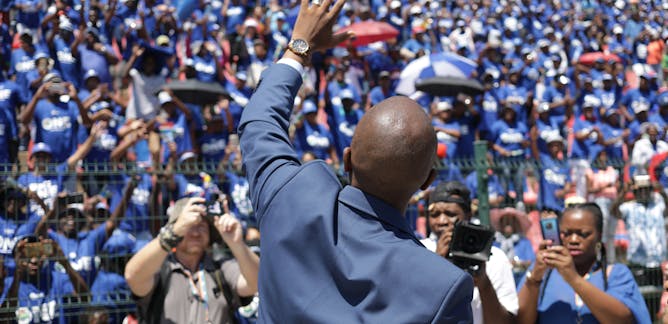
Steven Friedman, University of Johannesburg
There is a huge divide between what is important right now and what the election is likely to be about.
|
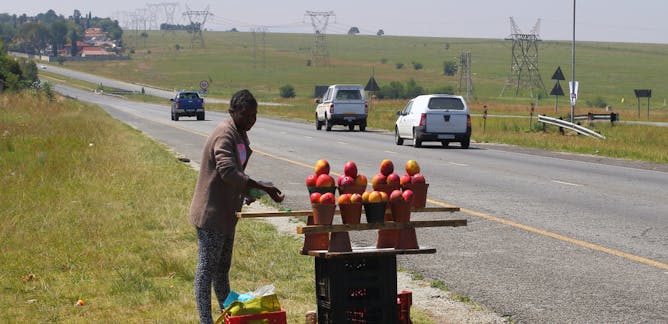
Brian Levy, University of Cape Town
Half of South Africa's population remain chronically poor, and the quarter in-between struggle to stay out of reach of destitution.
| |
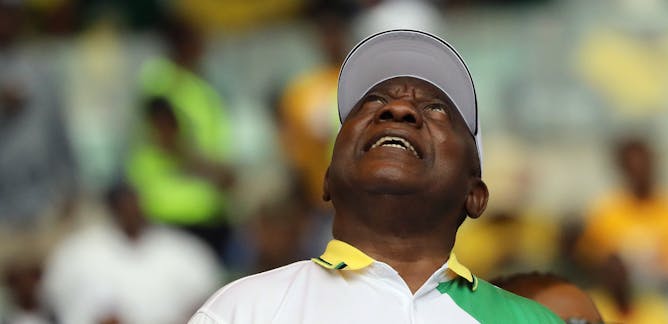
Joleen Steyn Kotze, University of the Free State
The African National Congress faces two big challenges: fewer South Africans trust it, while its electoral support has been waning.
|
|
|
|
|
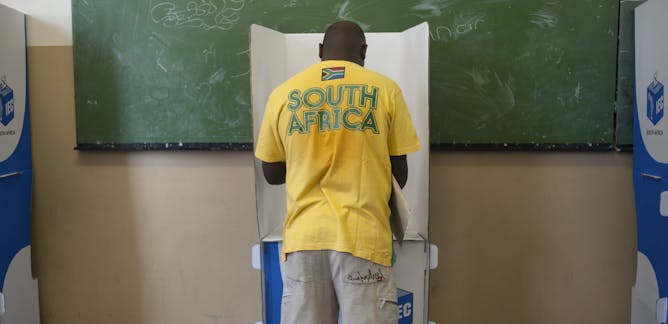
Martin Plaut, School of Advanced Study
Concern at the role of fake sites in influencing South African public opinion has been growing over time.
| |
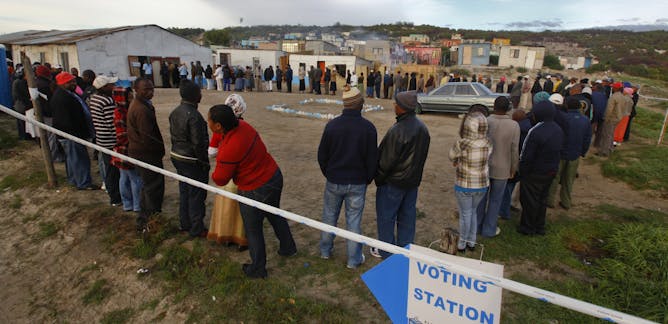
Mia Swart, Human Sciences Research Council
Countries that regulate political party funding do so to preserve their sovereignty and integrity of domestic politics.
|
|
|